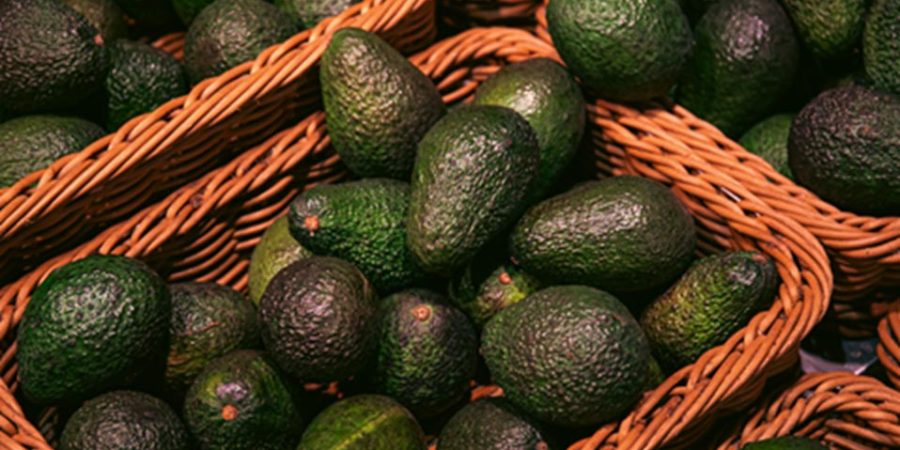The avocado, often celebrated as green gold, is at the center of a significant transformation within the Mexican agricultural sector. Avocado production, which has skyrocketed to meet international cravings—particularly around high-profile events like the Super Bowl—now faces the pressing challenge of sustainability. This industry, responsible for 80% of the U.S. avocado market, is under scrutiny for practices that contribute to deforestation and strain water resources. With global consumption hitting record highs and environmental consequences drawing international concern, the Mexican avocado industry is ripe for a sustainable revolution. Today’s discussion, inspired by insights from Dr. Bertha Martínez-Cisneros, coordinator of the Bachelor’s Degree in International Logistics at CETYS Universidad Mexicali Campus, explores the current and anticipated changes that are shaping the future of this vital sector.
Current State of the Avocado Industry
As the world’s top avocado producer, Mexico has seen its agricultural practices come under the global microscope. The industry has thrived, with exports reaching unprecedented levels, yet this success brings heightened responsibility. According to Dr. Bertha Martínez-Cisneros, the spotlight is not just on volume but on how these volumes are achieved amid environmental and social challenges.
Emerging Trends in Avocado Production
Environmental sustainability has become a pressing issue, with the 2023 «Unholy Guacamole» report by Climate Rights International drawing attention to significant concerns such as deforestation linked to avocado farming. These environmental impacts are magnified during peak demand periods like the Super Bowl, prompting a call for change from consumers and regulatory bodies alike. Dr. Martínez-Cisneros notes the industry’s response involves not only addressing these immediate concerns but also setting a long-term commitment to sustainable practices.
The Role of Technology and Sustainable Practices
Technological advancements are set to transform the avocado supply chain. Traceability technologies are crucial for verifying responsible production practices. Dr. Martínez-Cisneros emphasizes the importance of these technologies, stating that «ensuring every avocado can be traced back to its source not only increases consumer confidence but also encourages producers to adopt sustainable practices.» This shift is supported by innovations in water management and reduced pesticide use, essential for mitigating the environmental impact of avocado farming.
Market Dynamics and Consumer Expectations
Consumer demand for sustainably sourced products is reshaping the market. Dr. Martínez-Cisneros highlights how this shift impacts marketing and distribution strategies, with producers needing to adapt to these evolving preferences. Compliance with international labor and environmental standards is becoming a baseline expectation, not just a market differentiator.
Future Outlook
As we look to the future, the Mexican avocado industry stands at a crossroads between continued growth and sustainable responsibility. Integrating cutting-edge AI, traceability technologies, and stringent sustainability standards will not only preserve biodiversity and support ethical labor practices but also ensure the long-term viability of avocado farming. This pivotal moment is an opportunity to transform how avocados are grown, sold, and consumed worldwide, fostering a model that could set a precedent for agricultural sustainability on a global scale. Embracing these changes today will safeguard the lush landscapes of Mexico, ensuring that avocados remain a beloved staple for generations to come.









Leave your comment